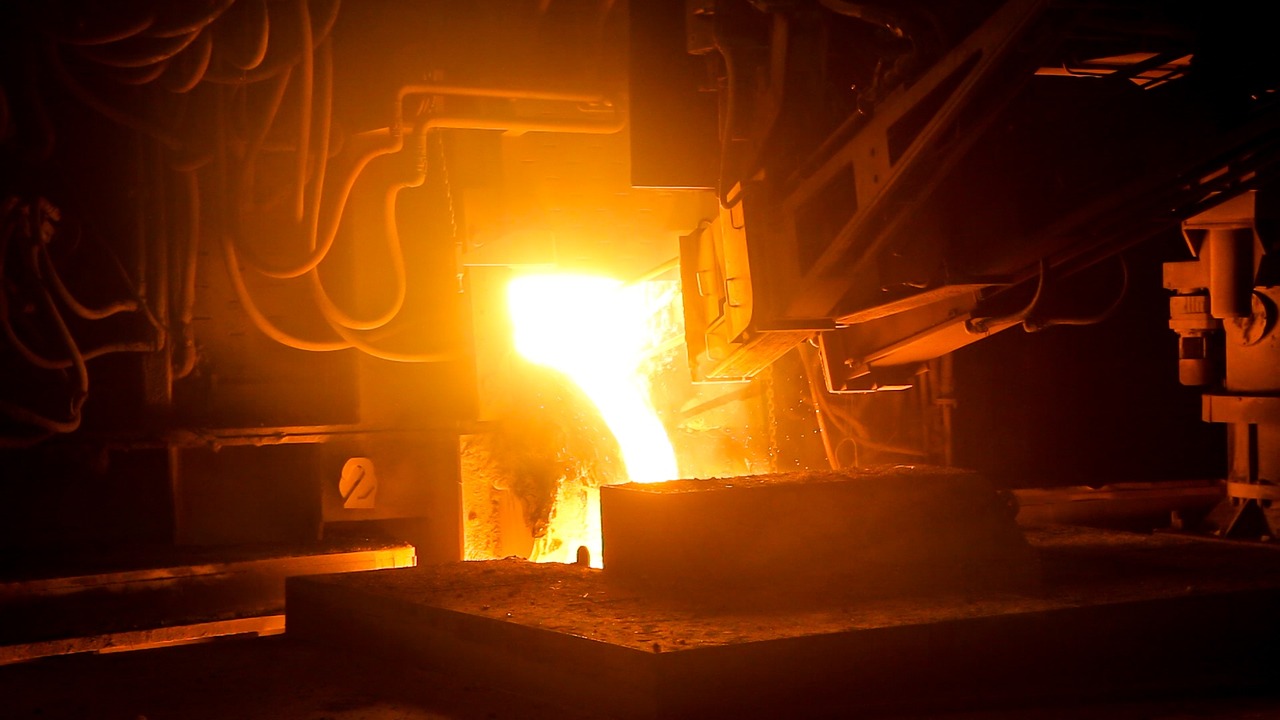Mining companies would do well to address Scope 3 (downstream) emissions, such as at steelmaking customers, on a war footing. Apart from tackling their carbon footprint, these efforts would protect the miners’ own core businesses, says an article in Mining Journal.
“Miners heavily invested in metallurgical coal and iron ore who don’t help their steel customers reduce emissions risk becoming the next thermal coal has-beens,” warns the article.
For example, a steelmaker, in a decarbonization effort, could decide to shift to scrap steel as an input rather than iron ore. Such a move would hurt the business of the iron ore miner in the steelmaking supply chain.
Miners should realize that controlling Scope 3 emissions are their environmental responsibility, as well as an opportunity to preserve and grow their businesses.
Rio Tinto is an excellent example. The mining giant signed an agreement with Chinese customer Baowu Steel Group and Tsinghua University to identify techniques to decrease carbon emissions throughout steel’s value chain.
“Miners that work with their customers to reduce their downstream carbon footprint craft a truly holistic response to climate change risk,” says the article. Not only do these miners safeguard their core business, but they also enjoy other benefits such as higher valuations, investment funding, and superior talent.
The HYBRIT cross-sector JV is another example of a climate-responsible partnership. Swedish mining company LKAB, US steel company SSAB, and Swedish power company Vattenfall jointly aim to create a hydrogen-based steelmaking process by 2035 that uses no coal and emits no carbon dioxide.
Therefore, mining-steel alliances to tackle Scope 3 emissions are gathering momentum, but it is early days yet.
Read the Mining Journal article HERE.
Image Source: Pixabay

